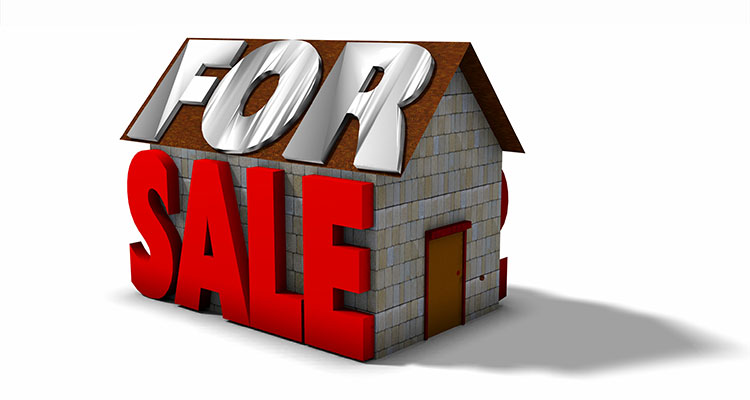Updated 4:24 PM PST, Mon July 14, 2014

Foreclosures
A foreclosure, in simple terms, is when the borrower of a mortgage cannot pay back their loan, forcing the bank or financial institute to reclaim the property as security.
The borrower has neglected to adhere to the stipulations of the home mortgage and once the whole foreclosure procedure is whole, the lender can market the home and use that cash to pay off the mortgage and authorized prices.
Foreclosure procedures change\s from state to state, and can be swift or gradual. Other choices, including refinancing, alternative funding, short-term arrangement with the lender, and even bankruptcy can provide the proprietors a method to prevent foreclosure. In each situation, the lender requires the portion of the deal to cover the amount of the loan required and the total amount is directed at the mortgager, if anything stays.
Gains
Foreclosure has clear drawbacks, but in addition, it has advantages you may not be aware of. Your home will be utilized to be in your debt, if you're foreclosed on. So any payments you can’t afford will be taken care of. Because mortgages typically take away a huge portion of the debtor's monthly income, particularly when you should start recovering from your monetary disaster, this might be an amazing gain.
Price/Pricing
Foreclosure typically costs a lot. Borrowers, who become defaulters, drop their home to foreclosure. The principal loss is its worth and the home. Typically the prices for judicial trades are paid in the profits of marketing the mortgaged home. When there is something that stays of the deal worth, in specific situations, the mortgager may get some sum of money.
Time
Usually, the mortgage loan records will stipulate when a lender might begin foreclosure. It is undertaken after the agreed-upon time period has elapsed since the default. As mentioned previously, in the USA and many other states, there are very different sorts of foreclosures, and the time of initiation of the procedure may change so.



